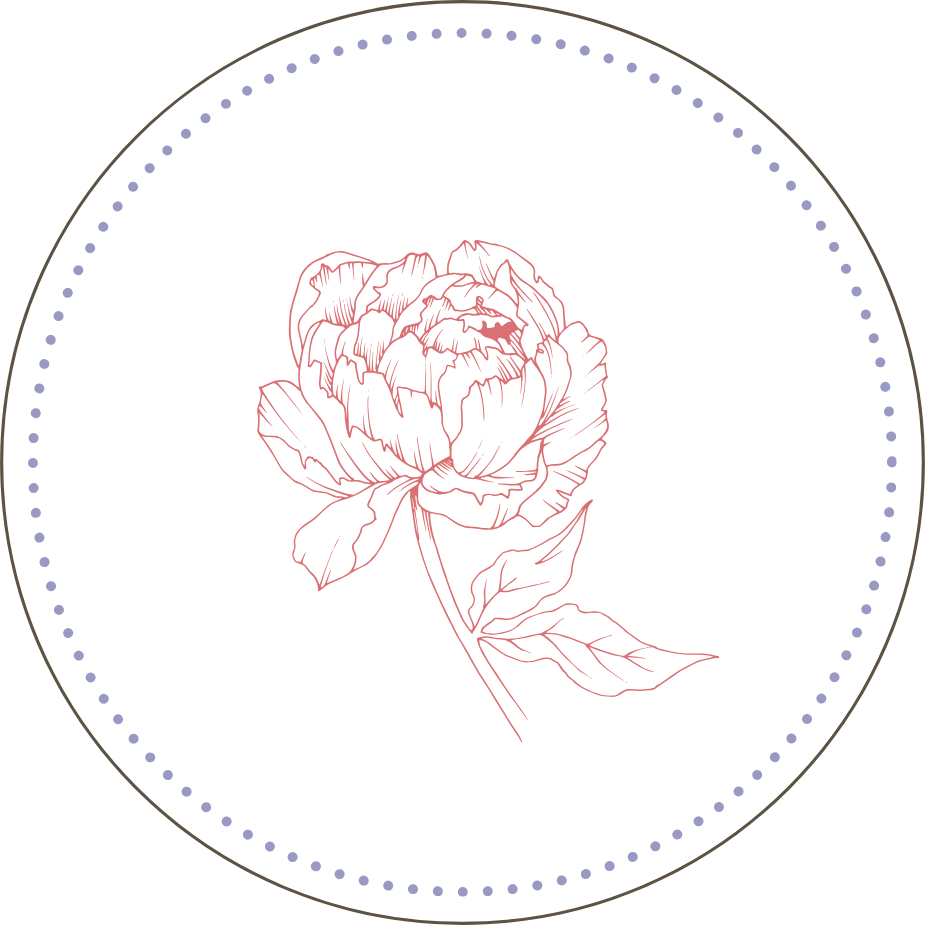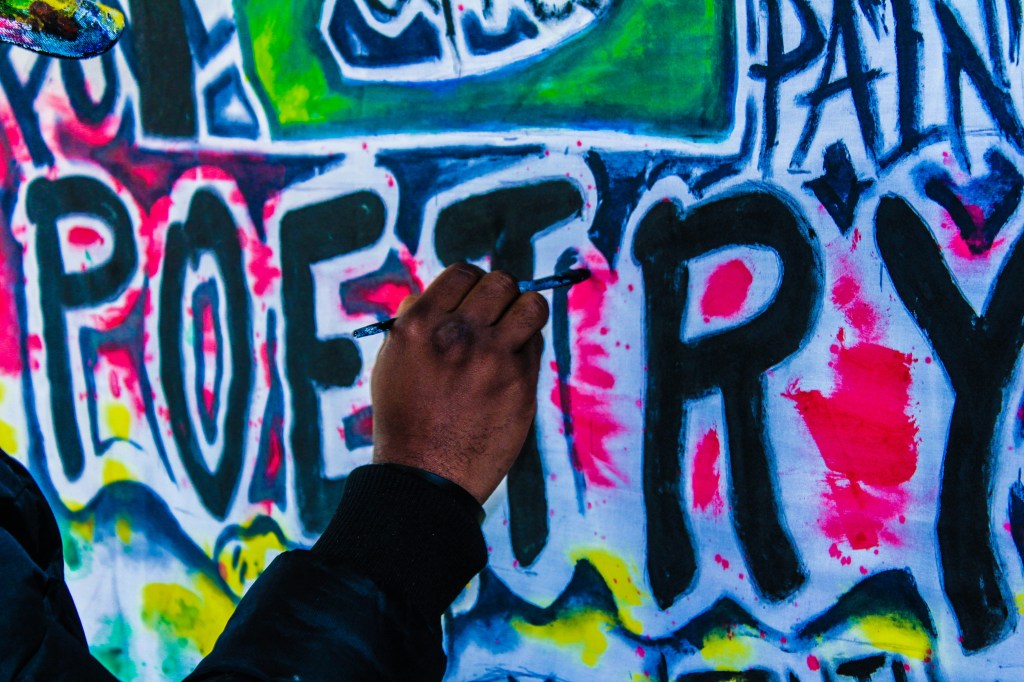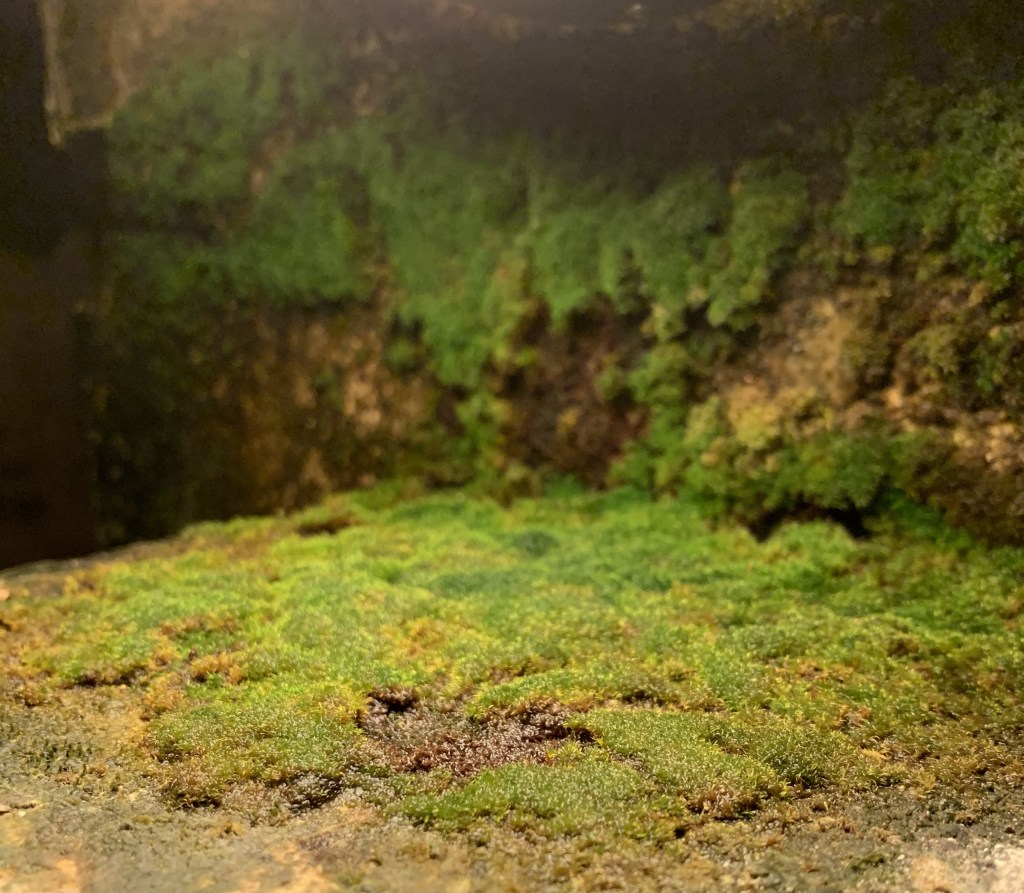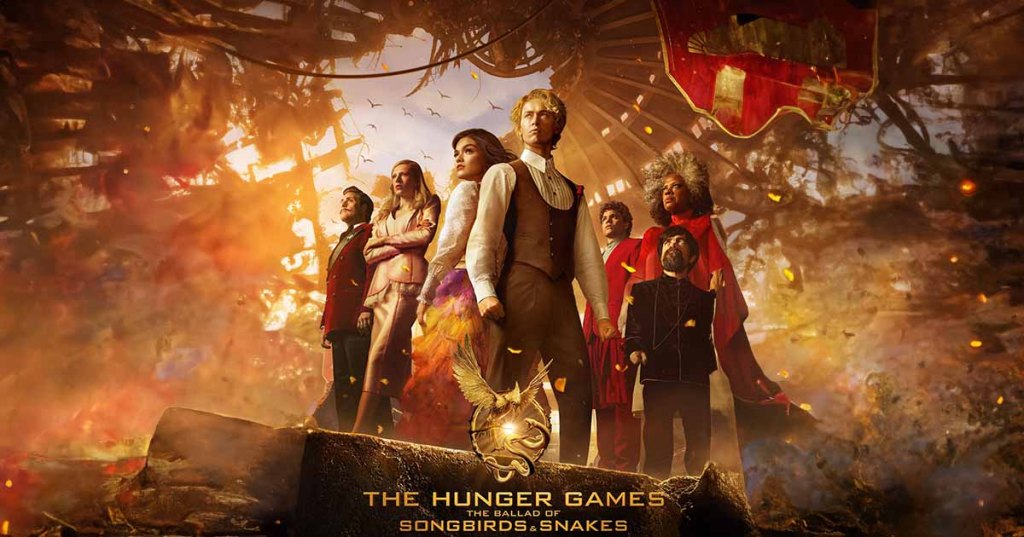Editing is long and dreadful process at times. But it’s what ensures your crappy first draft becomes a regal final draft. While editing can feel boring, if you invest yourself, it becomes a lot of fun.
I didn’t believe it either until I started doing it. My favourite writing professor changed my life with editing tips. He spent several lectures explaining various techniques and complicated analyses but at the end of the day there’s one lesson to learn. Editing allows you to be concise.
But I’m sure you’re thinking “how do I start?” Economy. Word economy. For any of you writers who have taken a class, or you’ve been in the game a while, I’m sure your soul cringed. Mine did when I wrote it. But understanding word economy is one of the essential pillars of good writing.
I personally have many issues with being concise. My name is Gabby, and it suits me very well. My grandma says I have “the gift of gab.” Which is the nicest way anyone’s ever said “you talk too much.” While I’m aware of the speed, rate, and capacity at which I can talk, I can tell you it translates equally to the written word. My first drafts are wordy and chaotic.
Getting started on editing a psychotic internal rant, made of half-baked characters that I spit out of my brain at 3am, is not easy. It’s also weird at first. I start by reading my story out loud. Even if I’m alone. Listen to the flow of the sentences. You’ll pick up on awkward phrasing and grammar issues that you wouldn’t have noticed. By hearing the story aloud you can hear if the dialogue is natural or if it feels forced.
Does your story have good flow? Is there steady pacing of events or are there lulls in the story? Are the characters reacting like normal people? Do your characters have personalities? Are the interactions between them forced? Are the verbs the most accurate representation of the action I’m thinking of? Am I standing in front of the reader?
These are all essential questions you can ask yourself when you’re starting to edit your writing. Personally, I used to stand in front of my reader. What this means is that instead of describing the action that happened, I would write the way my character experienced the action.
By condensing your phrases you convey meaning effectively. Readers don’t want to work for meaning. Be specific, accurate, and honest. If you can shrink a sentence by changing the arrangement, or the placement of the verbs, you should. Also consider changing your verbs from basic to unique and descriptive.
Instead of: “I saw the bookcase fall over the balcony and crash into pieces on the ground.”
Try creating a specific scene and take yourself out of it: “The bookcase flips backward over the railing and careens towards the ground. Crash! Splinters scatter across the cement.”
Both of theses chunks of description say the same thing. Which one captivated you more?
Action is the basis for good writing. When editing cut down on adjectives and basic verbs. A good, well-placed adjective can be effective, but too many make a sentence slow and difficult to understand. Look for back to back sentences that have the same meaning. Try to spruce up your phrases to sound beautiful.
Writing is a time for garbage. Let your brain download all the crap onto the page. Instead of being afraid of writing crap, let yourself. Editing is the place where you think about the logistics of the story. Writing is where you create the content that allows you to find the logistics.
Editing is trial and error. You won’t catch all your mistakes and it takes practice. Try finding friends that enjoy writing and read them your stories. Feedback is essential for editing. By allowing other writers to critique your work, you’re getting the feedback that will help you make your story clear. It’s not an attack on you, it’s an opportunity for improvement.
Moral of the story, be open to critiques, and practice editing. If you have any specific questions regarding the editing process please feel free to shoot me an email or comment below! I’d love to share these tips and create a positive community for writers. Sharing how to write well allows our community to flourish.
Be kind to yourself and don’t forget to acknowledge the good sentences and the strengths in your writing. It’s important to identify the things you do right too.
Happy editing!
“The secret to editing your work is simple: you need to become its reader instead of its writer.”
Zadie Smith





Leave a comment